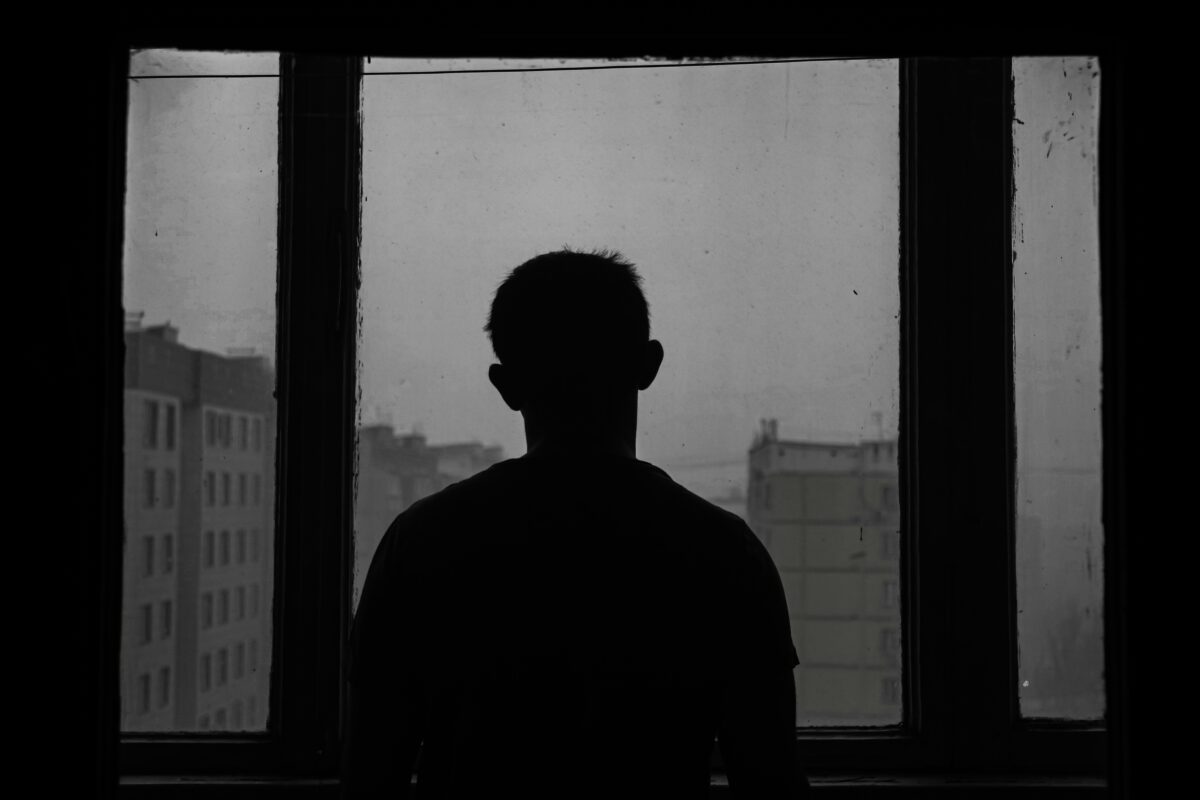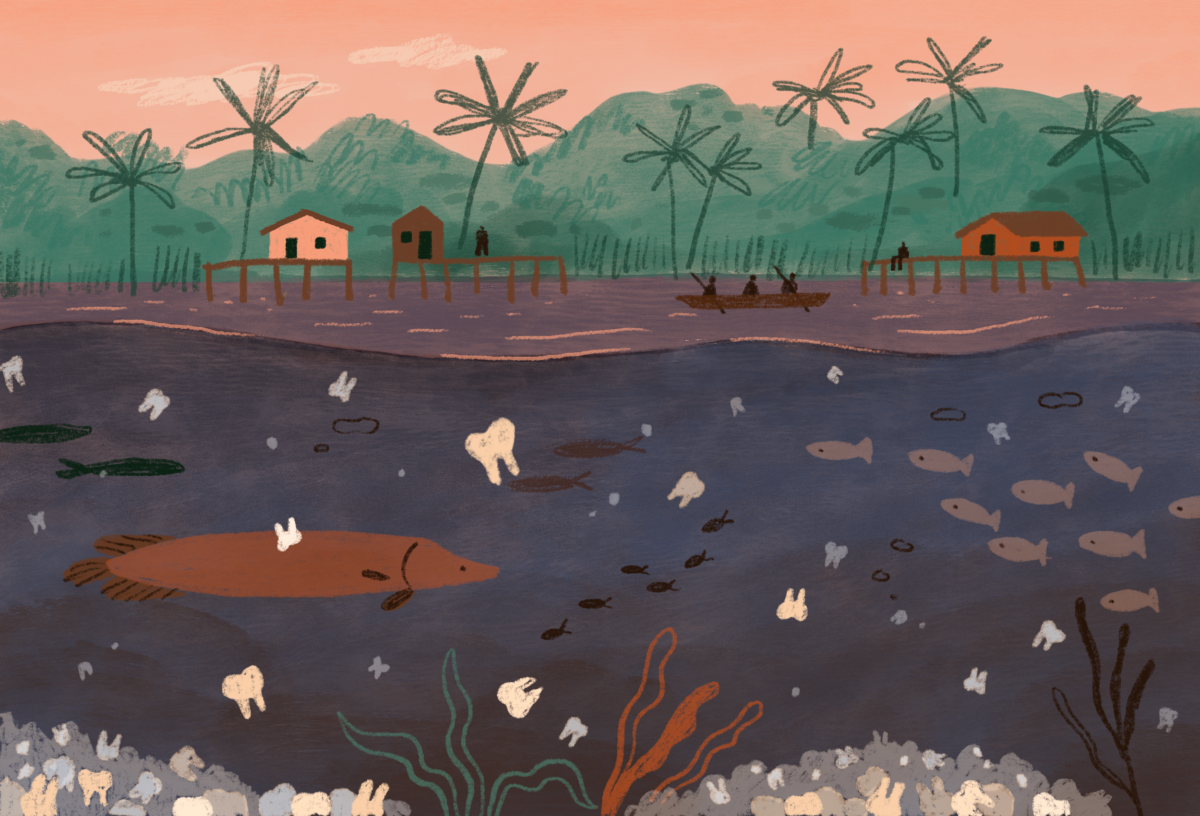 #News
#News
Depression may damage relationships
A study shows that depressed people respond more apathetically to social interaction stimuli
 Researchers from the Federal University of Ouro Preto (UFOP) identified that depressed individuals experienced fear of rejection after observing images of social interactions | Photo: Shutterstock
Researchers from the Federal University of Ouro Preto (UFOP) identified that depressed individuals experienced fear of rejection after observing images of social interactions | Photo: Shutterstock
A study led by researchers from the Federal University of Ouro Preto (UFOP) indicates that people with depression may have a low capacity to respond to social situations.
The conclusion is based on tests that show apathy in the facial expressions of people with depressive symptoms when shown images that, in volunteers without depression, stimulated the facial muscle responsible for smiling.
The study published in Scientific Reports suggests that this could be a determinant for poorer social interactions and even avoidance of contact with others.
To arrive at these findings, the researchers gave 85 volunteers a questionnaire used by psychologists to detect depressive symptoms, the Beck Depression Inventory (BDI). This part of the experiment allowed them to separate the participants into depressed individuals and nondepressed individuals.
Then, two electrodes were attached to the right side of each participant’s face, over the zygomatic muscle, whose movement enables facial expressions such as smiling. Three blocks of 28 images were then presented to the volunteers on a screen.
The first block showed pictures of objects considered neutral in this type of test; the second and third blocks were pairs of people, composed of an adult and a child or two children.
The difference was that, in the second block, the people were interacting, looking at one another, while in the third block, used as the control, the same pairs of people were not interacting with each other.
The muscle signals captured by the sensors were transmitted to the amplifier, indicating stimulation of the zygomatic muscle, used in studies of this type as a way to measure emotional reactions.
After being shown each of the final two blocks, the participants responded to two questionnaires with a series of adjectives. One of the tests measures the person’s expectation of closeness and fear of rejection. The other evaluates each participant’s level of altruism when presented with the images.
The smile muscle
The group without depression symptoms had greater activation of the zygomatic muscle when viewing the images with interaction than the neutral and control blocks. In this group of people, muscle activation was greater than in the group whose participants had depressive symptoms.
Muscle activation increased as time passed. This was especially true when shown pictures of people interacting.
The questionnaire responses given after viewing the images showed that the fear of rejection was slightly reduced in people without depression after the interaction block, when compared to the object block.
Among the depressed participants, the fear of rejection was significantly greater than in the nondepressed participants after viewing the interaction images and the control block.
The nondepressed participants had a greater expectation of closeness, regardless of the photo block. Similarly, they had more altruistic behavior than the depressed participants.
“We suggest that individuals with depression have low responsiveness to the social context, as reflected by apathy in their facial expressions,” write the authors. “Therefore, this factor may be a determinant for poorer social interactions and avoidance of contact with other people.”
The researchers recall that studies on social interactions report sadness and anguish in the facial expressions of depressed people, including low zygomatic muscle activity to avoid expressing sympathy, the willingness to help others, or proximity to those around them.
Other studies emphasize that the interpersonal behaviors of people with depression lead to rejection by people with whom they live. The behaviors reinforce the cycle of loneliness and further accentuate the depression.
Based on the study’s findings, the authors hypothesize that social interaction is not a pleasant enough stimulus, resulting in the lack of changes in the smiling expression.
*
This article may be republished online under the CC-BY-NC-ND Creative Commons license.
The text must not be edited and the author(s) and source (Science Arena) must be credited.


